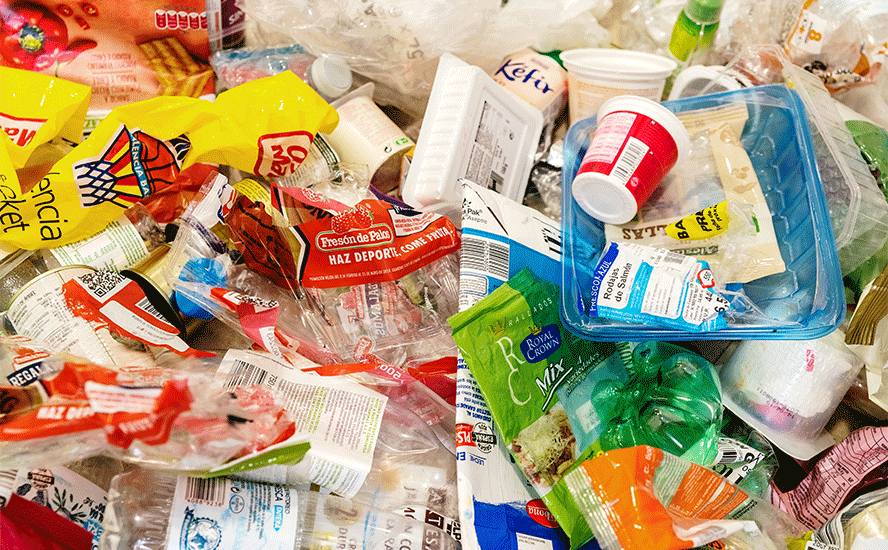Latest News
- Canada Life denies amputation coverage to RCMP officer injured in line of duty; activists say he's not alone
- Ontario's provincial plan for 2025 is fully completed.
- Rare adoption of a polar bear cub near Churchill confirmed by scientists
- Alberta closes supervised drug use centre at Edmonton hospital
- These maps show how the pre-Christmas storm is sweeping across Canada
Latest Ads
-
Jasmine Jewel
Call
-
Omidan group
Call
-
Amir Madanpour
Call
-
Dimo studio
Call
-
Yorkacademy
Call
-
Maryambagheri
Call
-
Shishlix Restaurant
Call

Canada fighting plastic: What are the strategies of cities to reduce plastic consumption?
Despite global efforts to reduce plastic consumption, its use in the world has quadrupled in the last 30 years, and only 9% of plastics are recycled. This situation also exists in Canada. The rest of the plastics are either buried in landfills or burned or end up in the environment. The Canadian government's efforts to ban the use of six types of single-use plastics have also faced legal obstacles.
Emily Robinson, a researcher at the University of Guelph who works on sustainability in food services, says recycling alone is not enough to solve the problem and we need to "turn off the valve."
Some Canadian local governments, such as Montreal and Banff, have taken ambitious measures to reduce plastic consumption, which so far appear to be successful. But other cities, such as Calgary and Vancouver, have faced pushback and even rescinded some of their policies. In the following, we will take a closer look at a wide range of strategies, successful and unsuccessful ones.
Municipal bans on single-use plastics
Cities and towns have been early pioneers in dealing with single-use plastics. On April 2, 2007, Leaf Rapids, Manitoba, with a population of just 540 at the time, became the first municipality in North America to ban the use of plastic bags. Since then, many other cities across the continent have followed suit.
Local governments are usually responsible for local waste and recycling management and feel the direct impact on their operations and budgets. Not surprisingly, then, most single-use plastics laws in Canada are local, and many use more diverse strategies than federal and provincial laws.
Montreal will ban a wide range of single-use plastics in March 2023. Marie-André Mauger, a Verdun regional councilor and member of the executive committee for ecological transition and the environment, said at the time that the city had provided more trash cans to the public than in the past, but plastic consumption was still increasing.
City of Montreal rules prohibit all plastics for cups, stirrers, straws and disposable containers on-site, disposable containers for take-out, and polystyrene on plates, containers, trays and lids everywhere (except in exceptional cases) . After one year of implementing this law, the city announced that the compliance rate was 92% and less than 40 fines were issued.
Request policies based on need, accepting reusable containers
Banff, Alberta, has implemented ambitious policies that go beyond a simple ban. The city has implemented an "ask first/if requested" policy since July of last year. This means that restaurants will only give plastic utensils such as ketchup packets, straws, and spoons and forks if the customer asks for or is given them. British Columbia and Toronto have similar policies.
Customers can also receive their takeout order in their own reusable containers. Toronto has a similar policy for reusable cups and bags.
Additional costs for businesses
Carly Fleury, director of workforce and destination initiatives at the Banff and Lake Louise Hospitality Association, acknowledges that these policies add additional costs to businesses, especially for those who aren't equipped to wash dishes or can't easily put their items in regular containers. Serve as iced drinks or popcorn. He said the city offers discounts for installing dishwashers and is taking a very collaborative approach.
news source
Suggested Content
Latest Blog
Login first to rate.
Express your opinion
Login first to submit a comment.
No comments yet.


































